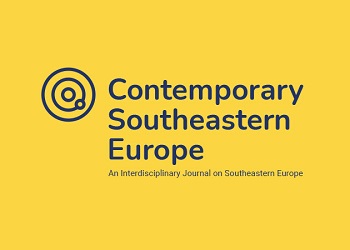Remembering the “Embargo Cake”: The Legacy of Hyperinflation and the UN Sanctions in Serbia
Remembering the “Embargo Cake”: The Legacy of Hyperinflation and the UN Sanctions in Serbia
Author(s): Ivana Bajić HajdukovićSubject(s): Cultural Anthropology / Ethnology, Transformation Period (1990 - 2010), Post-Communist Transformation, Socio-Economic Research, Wars in Jugoslavia
Published by: Universität Graz
Keywords: food;hyperinflation;social networks;solidarity;Serbia;
Summary/Abstract: The extensive pauperisation of the population in Serbia in the early 1990s,caused by the economic crisis and the UN sanctions, had a tremendous impact on the people’s everyday diet. Many basic, locally produced foods became unavailable as food retailers severely limited their stock to save it from depreciation caused by hyperinflation. Following the introduction of the UN embargo, official trade came to a halt and imported foods disappeared from shops. Limited stock of basic foods, such as flour, sugar, cooking oil, white bread and milk, was supplied through state-owned food retailers,but these were rationed and difficult to obtain. However, food scarcity in early-1990s Serbia boosted the population’s resourcefulness and creativity on various levels, resulting in increased solidarity, support networks,barter, smuggling and a return to cooking recipes from the period of the Second World War. Survival during hyperinflation and the UN embargo was predicated on transmission of knowledge from the preindustrial period, suggesting that this was possible mainly because of the simultaneous coexistence of the pre-industrial and industrial periods in Yugoslavia. This article will analyse strategies and key actors in the process of sourcing, procuring and preparing food under these socio-economic circumstances.
Journal: Contemporary Southeastern Europe
- Issue Year: 1/2014
- Issue No: 2
- Page Range: 61-79
- Page Count: 19
- Language: English

